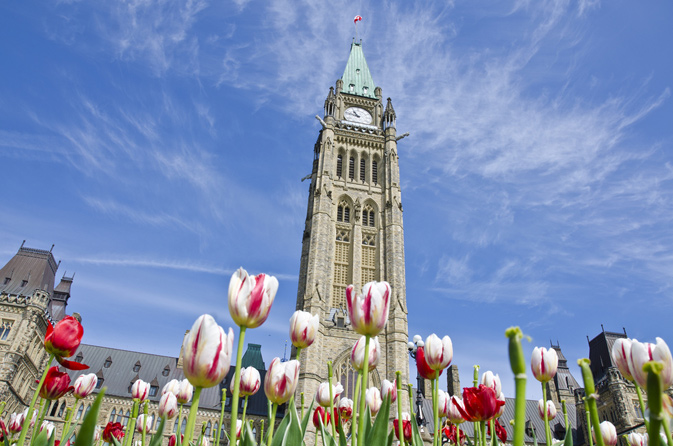OTTAWA — Canada’s tourism taxes, visa policies and cuts to key national marketing budgets are inhibiting its Travel & Tourism growth.
That is the message from David Scowsill, President and CEO of The World Travel & Tourism Council (WTTC) as the organization unveils its Annual Economic Impact 2014 Canada Report today.
WTTC’s report shows that Canada increased its contribution to the economy from Travel & Tourism by 2.6% in 2013 and is predicted to grow it by a further 3.9% this year. However, Travel & Tourism only provides 4.5% of GDP to the Canadian economy, compared with the global Travel & Tourism industry, which contributes 9.5% to the world economy.
Scowsill believes that Canada has the potential to do a lot better economically from Travel & Tourism; “Canada’s natural beauty and friendly people make it a wonderful place to visit. But the Canadian Government is not taking the economic potential of the sector seriously enough. The budget for marketing Canada has been slashed repeatedly, and to no great surprise, the number of visitors to Canada has plummeted. The number of people around the world, who are entering the middle classes and having money to travel, is growing every day. As a result, new potential travelers, especially from Asia and Latin America, could be encouraged to visit the country. The Canadian Government can take steps to capture them, which will have a minimal impact on government revenues, yet have a dramatic impact on increasing visitor numbers, tourist receipts and jobs”.
Scowill is urging the Canadian Government to implement measures to benefit the sector in the long run; “Canada needs to invest more money on promoting itself abroad to encourage people to choose Canada as a destination. WTTC would also strongly encourage the Canadian Government to focus on policies, which will ease travel both to and from, and within, Canada. It could also look to provide incentives for private sector investors to develop new products and services for tourists”.
In February, Canada upgraded its single-entry visa to multiple-entry for Chinese visitors, so that they no longer need to make repeated applications and fee payments. The Canadian Government has also announced plans to introduce e-visas in April 2015. Scowsill says these policies will make a real difference; “We congratulate Canada on the significant strides it is making to speed up and simplify the visa process and improve visitor arrivals into the country. We would encourage it to continue to bring in visa facilitation measures, which will make it as easy as possible for international travellers to visit”.
Domestic tourism currently accounts for two-thirds of Canada’s Travel & Tourism economy. Scowsill says that there are also steps, which the Canadian Government can take to boost this vital market; “The high cost of travel to and within the country is holding Canada’s economy back. Canadian residents would benefit from improved connectivity and lower prices. Taxes currently make it considerably pricier to travel to and within Canada”.
In summary, Scowsill says that, if Canada raises the priority of the sector, it will reap economic rewards for the country; “If Canada looks at freezing or reducing its tourism taxes, continues with progressive visa policies and increases its key national marketing budgets, it will have a dramatic positive impact on job and wealth creation for the country.”

